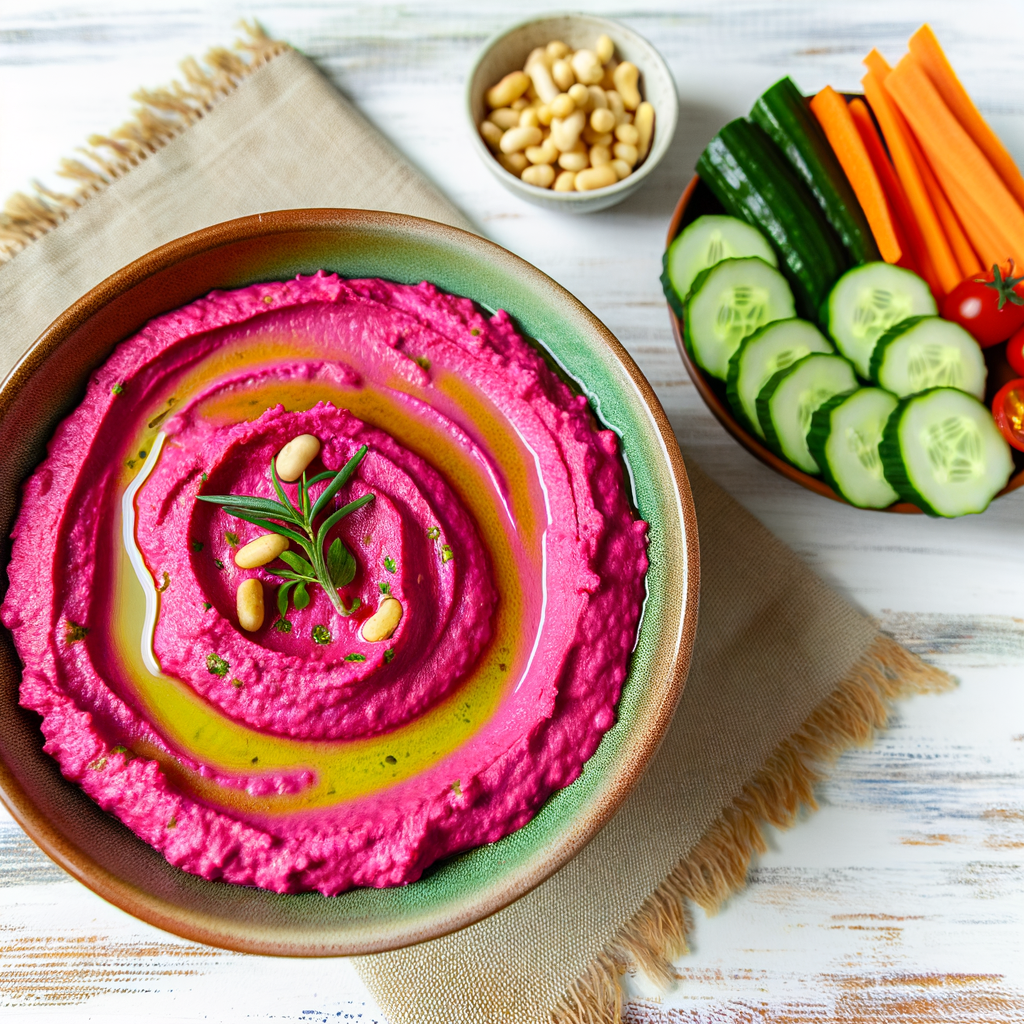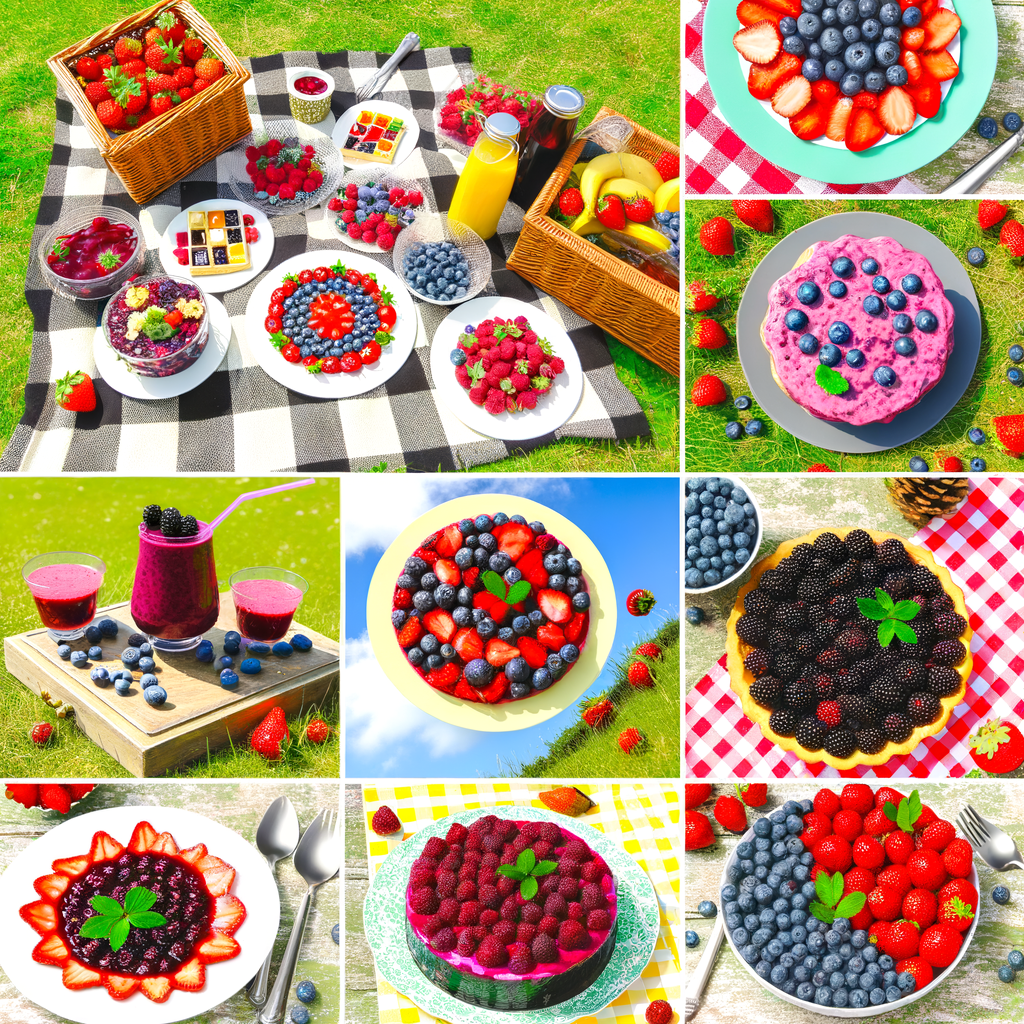New USDA Rules Expand Vegan Options in School Meals
The landscape of school nutrition is undergoing a significant transformation following the introduction of new rules from the United States Department of Agriculture (USDA). These changes are explicitly designed to expand vegan options in school meals, addressing the growing demand for plant-based foods and fostering healthier eating habits among students.
The Push for Healthier School Meals
The drive to include more vegan options in school meals isn’t solely about catering to dietary preferences. It reflects a broader movement towards promoting overall health and wellness in children. The USDA’s new rules serve as a progressive step in this direction, aiming to:
*li* Improve nutritional standards
*li* Reduce obesity rates among children
*li* Support ethical food choices
*li* Foster environmental sustainability
The Link Between Diet and Student Performance
Numerous studies have highlighted the direct correlation between diet and academic performance. Healthier meals that are rich in fruits, vegetables, and plant-based proteins are more likely to boost concentration and energy levels, ultimately enhancing learning outcomes. By integrating more vegan options, schools can provide students with nutritious alternatives that support both their physical and cognitive development.
Highlights of the USDA’s New Rules
The USDA’s updated guidelines represent a milestone in school meal programs. Here are some of the pivotal aspects:
*li* Mandatory Inclusion of Plant-Based Options: Schools are now required to offer at least one plant-based entrée at every meal.
*li* Increased Availability of Non-Dairy Beverages: Students will have greater access to non-dairy milk options such as almond, soy, and oat milk.
*li* Incorporation of Meat Substitutes: The rules encourage the inclusion of meat substitutes like tofu, tempeh, and plant-based patties in school cafeterias.
*li* Enhanced Nutritional Education: Schools must implement programs to educate students about the benefits of plant-based diets.
Benefits of Vegan School Meals
The inclusion of vegan options in school meals offers a host of advantages, not just for students, but for the planet as well.
Health Benefits
A diet that is rich in plant-based foods and free from animal products can lead to numerous health benefits for children:
*li* Lower Risk of Chronic Diseases: Vegan diets, when balanced properly, can reduce the risk of childhood obesity, diabetes, and heart disease.
*li* Improved Digestion: Plant-based meals are typically high in fiber, aiding in better digestion and gut health.
*li* Enhanced Immune Function: A diet abundant in fruits and vegetables can strengthen the immune system, aiding in the prevention of illnesses.
Environmental Benefits
Incorporating more vegan options can significantly reduce the carbon footprint of school meal programs:
*li* Reduced Greenhouse Gas Emissions: Plant-based foods produce fewer greenhouse gases compared to animal products.
*li* Conservation of Resources: Vegan diets require less water and land, making them more sustainable and less taxing on natural resources.
*li* Less Waste: Plant-based ingredients tend to generate less waste compared to their animal-based counterparts.
Implementation Challenges and Solutions
While the USDA’s new rules are a step in the right direction, implementing these changes is not without its challenges. Schools may face obstacles such as additional costs, menu planning logistics, and student acceptance.
Addressing Cost Concerns
One of the primary concerns is the potential increase in food costs associated with sourcing vegan ingredients. To mitigate this issue, schools can:
*li* Leverage Bulk Purchasing: Buy plant-based ingredients in bulk to reduce costs.
*li* Form Partnerships: Collaborate with local farms and suppliers to obtain fresh, affordable produce.
*li* Utilize Government Grants: Take advantage of federal or state funding opportunities geared towards improving school nutrition programs.
Menu Planning and Student Acceptance
Another significant challenge lies in planning balanced vegan menus that appeal to students. Strategies to overcome this include:
*li* Conducting Taste Tests: Involve students in taste tests to find out which vegan options they prefer.
*li* Gradual Introduction: Slowly incorporate vegan options into the menu, allowing students time to adjust.
*li* Educational Campaigns: Implement programs that educate students on the benefits of a plant-based diet, thereby increasing their willingness to adopt these changes.
The Road Ahead
The USDA’s new rules for expanding vegan options in school meals represent a forward-thinking approach to student nutrition. By improving access to healthier, plant-based foods, schools can play a pivotal role in shaping the future health and well-being of future generations.
This initiative paves the way for a multifaceted impact, benefiting not just individual health, but also contributing to a more sustainable and ethical food system. As schools across the country adapt to these new guidelines, the ripple effects are sure to be felt far and wide, marking an essential step towards a healthier and more conscious society.
The key to success lies in overcoming initial implementation challenges and fostering an environment of acceptance and enthusiasm. By working together, educators, parents, and policymakers can ensure that these new standards become the norm in school nutrition, leading to a brighter, healthier future for all students.











